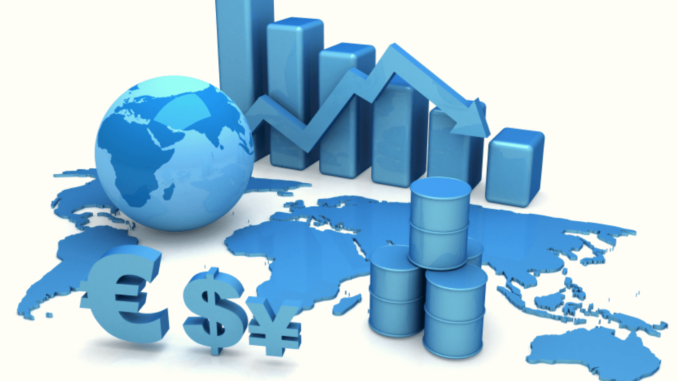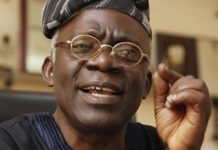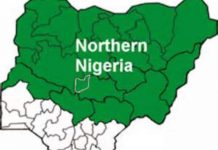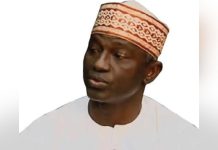Two years after Nigeria exited economic recession, there is fear that another one may be in the offing as the economy is reported to be showing signs of weakness. It will be recalled that Nigerian economy exited recession in 2017 after suffering contraction for five consecutive quarters. This time around, the National Bureau of Statistics (NBS) in its Gross Domestic Product (GDP) report showed that the economy recorded a decline in output in real terms in the first quarter (Q1) of 2019.
According to the NBS report, the nation’s GDP growth rate fell to 2.01 per cent in the Q1 of this year, from 2.38 per cent in the fourth quarter (Q4) of last year.
However, some experts averred that the GDP decline was not significant to cause anxiety for another recession. In addition, the government has assured that the first quarter performance has shown a stable economy. All the same, we think that the warning signs should be a wake-up call for the government to initiate robust monetary and fiscal policies to prevent another recession. The threat should not be ignored because, it will be extremely difficult for any economy to witness two recessions within a few years and survive.
According to economic experts, the signs of weakness in the economy may not be unconnected with the late passage of the 2019 budget, weakening demand, rising contractor debt, massive unproductive spending, among other factors. Indeed, these are risks to output growth that must be urgently addressed. The Federal Government should fix the nation’s decaying infrastructure, reduce the cost of doing business, create jobs, curb inflation and insecurity, and make the environment conducive for business.
The International Monetary Fund (IMF) last year advised the Federal Government to initiate concrete economic reforms to avert another recession. That advice is still relevant today.
Perhaps, Nigeria celebrated too early its exit from recession. Besides, it did not put in place the necessary fiscal and monetary policies that would sustain economic growth. A review of Nigeria’s economy by both IMF and the World Bank showed that the economic recovery came as a result of new foreign exchange measures by the CBN, rising oil prices in the international market, attractive yields on government securities, a tighter monetary regime and increased external reserves which notched up to a four-year high of $43bn as at February 2018. But now, many of these gains have dropped significantly.
However, we still believe that the economy is not in danger. We say this because a 2.01 per cent growth in GDP is significant enough to ward off any fear of another recession. All the same, coming out of recession since 2017 has not translated into meaningful improvement in the lives of most Nigerians. The Ease of Doing Business is yet to impact so much on the economy because of the rising insecurity in some parts of the country. Many foreign investors have reportedly left the country. The general insecurity has affected Foreign Direct Investment in the country.
The banking sector is vulnerable, with high volume of Non-Performing Loan (NPLs), low capital adequacy ratios and weak quality assets portfolios. Unemployment and poverty remain high, just as Nigeria retains high fiscal deficits, driven by weak revenue generation and tighter domestic financing conditions, including bond yields.
This can explain why the CBN issued a statement last week to limit Deposit Money Banks’ access to government securities. It enjoined the banks to redirect their lending focus to the private sector.
With the inauguration of President Muhammadu Buhari for a second term and the hope of a new cabinet soon, we believe that things will pick up in the second quarter (Q2). But, if the appointment of new ministers does not reflect the public expectation, the economic fundamentals may get weaker, thereby making recession something to worry about.
Therefore, we urge the fiscal and monetary authorities to come up with a blueprint that will prevent another recession. Nigerians and foreign investors expect growth-friendly fiscal and monetary policy adjustments that will see significant improvements in all economic indicators, including the non-oil sector which is the key driver of economic growth. Nigeria cannot afford another recession.







